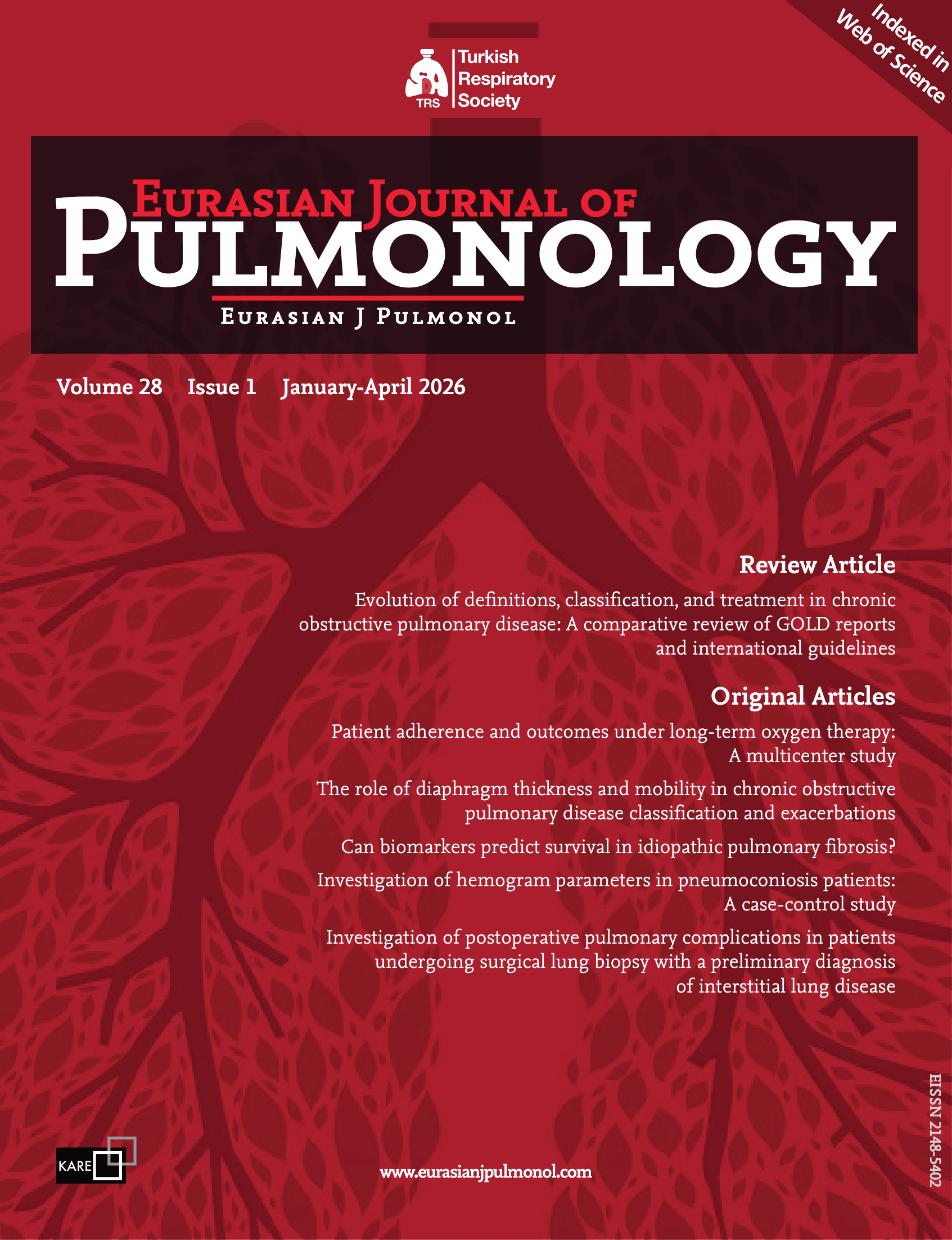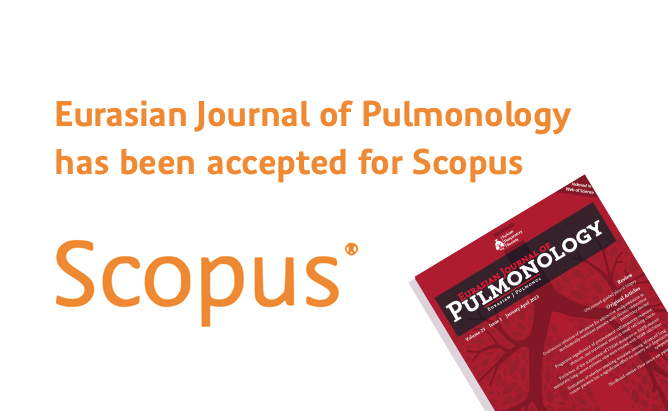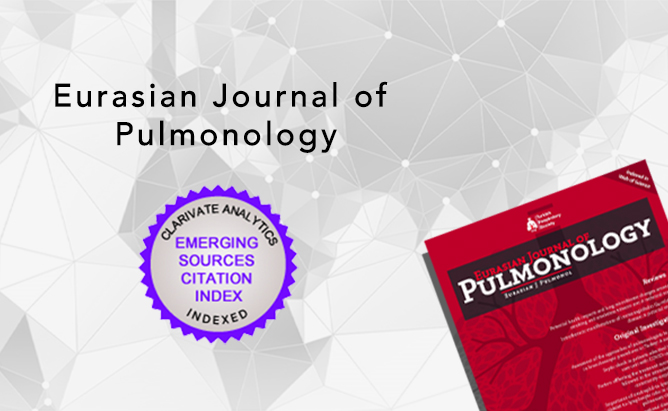2Department of Pulmonology, Tekirdag Namik Kemal University Medical Faculty, Tekirdag, Türkiye
3Department of Thoracic Surgery, Yedikule Chest Diseases and Thoracic Surgery Training and Research Hospital, Istanbul, Türkiye
Abstract
BACKGROUND AND AIM: Chest wall invasion in non-small cell lung cancer (NSCLC) was once considered a criterion for inoperability. However, with advances in thoracic surgery, complete resection in selected patients has been associated with improved outcomes. This study aims to evaluate prognostic factors influencing survival in surgically treated NSCLC patients with chest wall invasion.
METHODS: We retrospectively reviewed 77 patients who underwent pulmonary resection with chest wall resection or extrapleural resection for NSCLC with confirmed chest wall invasion between January 2000 and April 2005. Clinicopathological data, including tumor histology, tumor-node-metastasis (TNM) staging, depth of chest wall invasion, perineural and lymphatic invasion, necrosis, and surgical margin status, were analyzed. Survival was assessed using Kaplan-Meier analysis, and multivariate analysis was performed using Cox regression.
RESULTS: The five-year survival rate was 29%, with a median survival of 19 months. Complete resection (R0) was achieved in 71.7% of patients. Univariate analysis showed that positive margins, lymphatic invasion, and N2 status were associated with worse outcomes but did not reach statistical significance. In multivariate analysis, R1 resection was identified as an independent negative prognostic factor (hazard ratio: 1.96; 95% confidence interval: 1.03-3.71; p=0.04). Costal invasion appeared to be associated with better survival, though this was not statistically significant.
CONCLUSIONS: Complete surgical resection is a key determinant of survival in NSCLC with chest wall involvement. Margin status remains the most critical prognostic factor, underscoring the importance of radical oncologic surgery.




 Mithat Fazlıoğlu1
Mithat Fazlıoğlu1 




